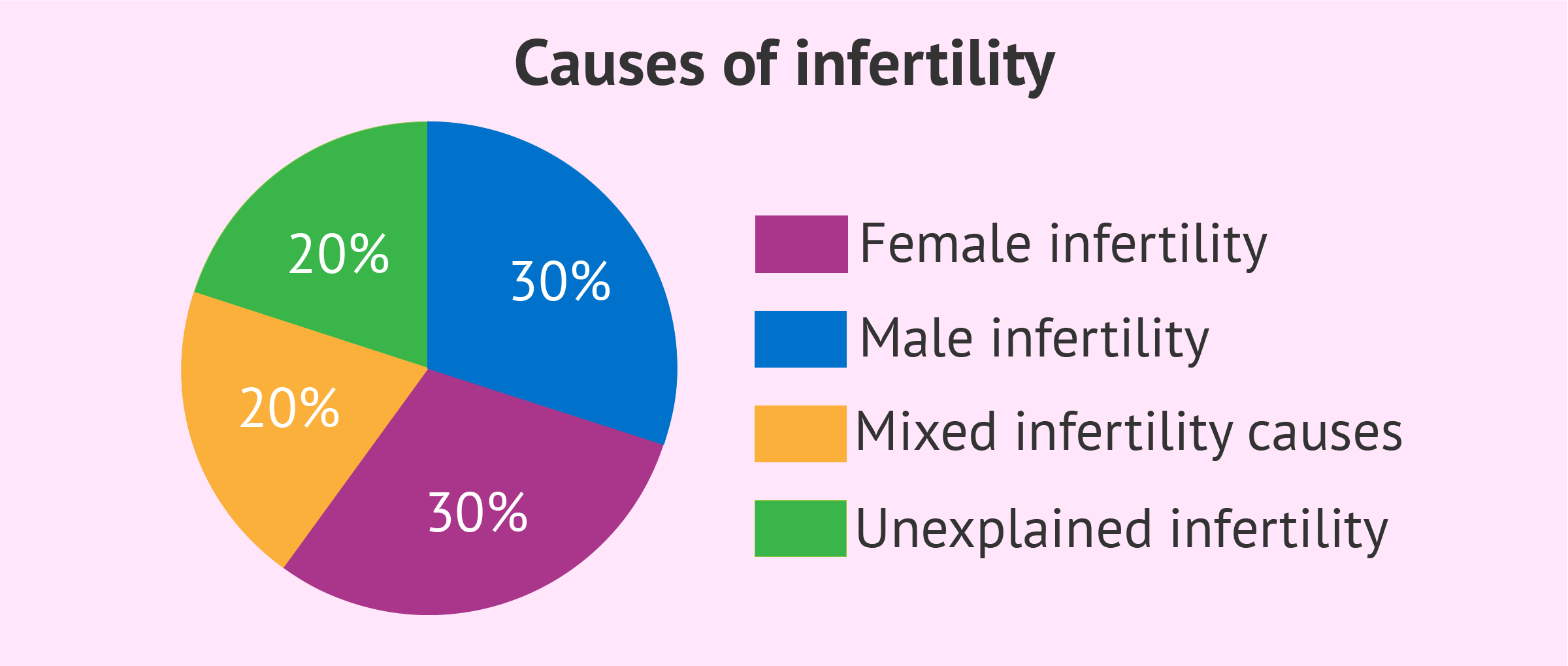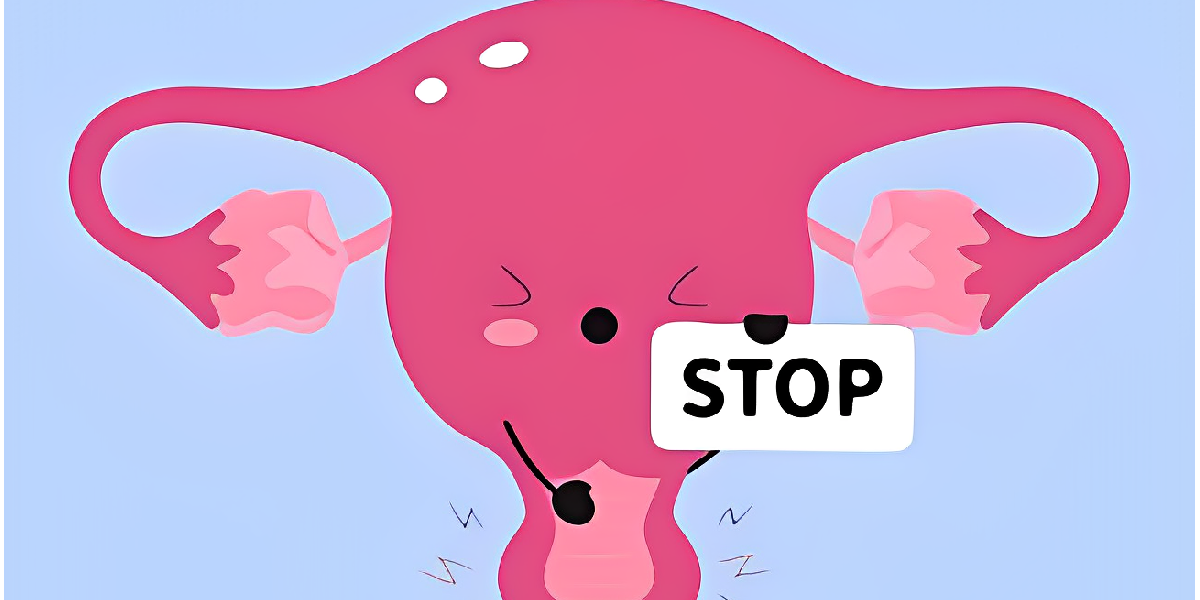© Copyright 2018. All Rights Reserved.
An Overview
Many couples may experience a deeply emotional and challenging journey due to infertility. There is nothing more fundamental than the desire to have a child, and when it seems impossible to achieve, fertility treatments offer a glimmer of hope. The aim of this blog is to educate you on the key differences between In Vitro Fertilization (IVF) and other fertility treatments, so that you can determine which one fits your needs best.
Infertility: An Overview
Numerous factors can cause infertility. It's important to understand them before considering options. Factors contributing to infertility can include male or female factors, a combination of the two, or unexplained causes. In addition to hormonal imbalances, ovulation disorders, blocked fallopian tubes, endometriosis, and sperm abnormalities, these conditions may also be caused by other issues. To determine whether your infertility is a result of a medical condition or a fertility disorder, consult with a healthcare professional or a fertility specialist.
The Causes of Infertility?

When a couple is unable to conceive a child after one year of regular, unprotected sexual interaction, it is referred to as infertility. Medical conditions, lifestyle choices, and age-related changes can all contribute to this condition. It affects both men and women. A medical condition, infertility is often treated with professional help, so it is important to recognize the condition as a medical problem.
"What factors contribute to male infertility?"

1. Factors that determine male fertility: Sperm Quality and Quantity
Sperm quality and quantity are two of the most significant factors affecting male fertility. The chances of successful fertilization can be eliminated if the sperm count is low, sperm motility is poor, or the sperm morphology is abnormal. In order to address male infertility, it's imperative to identify the factors contributing to these issues. These factors may include hormonal imbalances or lifestyle choices.
2. The effect of hormone imbalances on reproduction
The hormonal system regulates sperm production as well as other aspects of male reproductive health. The production of sperm and the maturation of sperm can be affected by hormone imbalances such as testosterone, luteinizing hormone (LH), and follicle-stimulating hormone (FSH). In order to address male fertility issues, it is crucial to identify and address hormonal imbalances.
3. Swell Navigation with Varicoceles
An important cause of male infertility is varicoceles, or swollen veins within the scrotum. Sperm production and quality can be negatively affected by these enlarged veins in the testicles. Varicoceles can often be treated surgically to improve fertility outcomes for men who face this issue.
4. Balancing Act: Lifestyle Factors Infertility
Men's fertility is greatly influenced by their lifestyle choices. A poor diet, lack of exercise, tobacco use, excessive alcohol consumption, and exposure to environmental toxins may contribute to a decreased sperm quality. It is possible to positively influence reproduction health by adopting healthier lifestyle habits, which include consuming a balanced diet and exercising regularly.
5. Unravelling the science of genetics
Infertility among men is also caused by genetic factors. Y-chromosome microdeletions and Klinefelter syndrome are genetic conditions that can adversely affect sperm development. Fertility treatments as well as family planning can be influenced by genetic testing, which provides valuable insights.
"Five factors that influence female infertility"

1. Fertility orchestrators: hormonal imbalances
The menstrual cycle and ovulation are influenced by hormones, which play an essential role in reproductive health. The timing and regularity of ovulation can be affected by hormonal imbalances including estrogen, progesterone, and follicle-stimulating hormone (FSH). Female infertility is often caused by hormonal imbalances associated with conditions such as polycystic ovary syndrome (PCOS) and thyroid disorders.
2. Creating a Pathway to Conception: Structural Issues
An abnormal reproductive organ's structure can pose formidable obstacles to conception. It may be difficult to fertilize or implant the embryo if the woman has endometriosis, fibroids in her uterus, or blocked fallopian tubes. In order to overcome infertility obstacles, it is crucial to understand and address these structural issues.
3. Timing issues in ovulatory dysfunction
Infertility can be caused by irregularities in ovulation, a fundamental part of the menstrual cycle. It can be difficult for a woman to become pregnant when she has anovulation or irregular ovulation patterns. A successful fertility treatment plan requires an understanding of the underlying causes of ovulatory dysfunction.
4. Women's Fertility and Age
Women have to deal with the biological clock due to age, which is a prominent factor in female fertility. As a woman ages, her fertility declines, especially after she turns 35. It is important for women to understand how age affects fertility so that they can make informed decisions regarding family planning and seek fertility interventions whenever necessary.
5. Infertility in Pelvic Inflammatory Disease (PID)
Inflammation and scarring of the reproductive organs can occur as a result of Pelvic Inflammatory Disease, which can be caused by untreated sexually transmitted infections. Infertility occurs as a result of scarring which blocks the fallopian tubes or interferes with embryo implantation. In order to prevent long-term reproductive consequences of PID, it is vital to detect and treat it early.
Summary:
A crucial part of navigating reproductive health complexities is understanding what contributes to infertility. In order to make informed choices and explore tailored fertility treatments, individuals and couples must address hormonal imbalances, structural abnormalities, lifestyle factors, and age-related factors. Taking the time to consult with fertility experts can provide customized solutions, providing hope and support along the road to parenthood.
Recent Post
-

Intrauterine insemination (IUI) Success Tips: Enhance Your Fertility
-

The Connection Between HCG Hormone and Pregnancy: Explained in detail
-

Conquering Asthenozoospermia: Strategies for Male Fertility Success
-

Embracing Sensuality with Vaginismus: Strategies and Support
-

Understanding Endometriosis: Symptoms, Causes & Management | Guide





